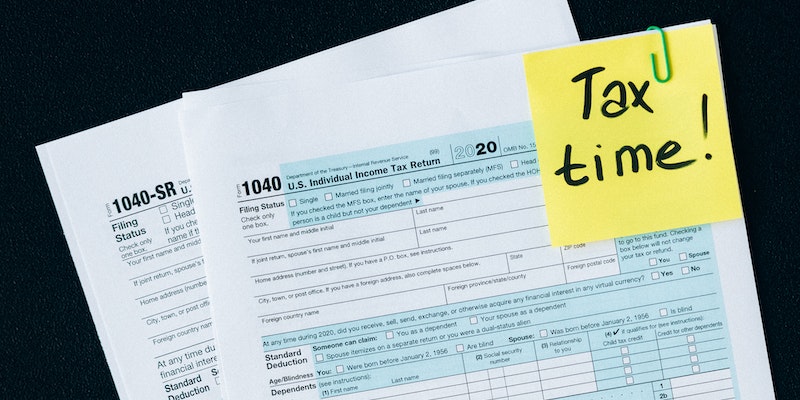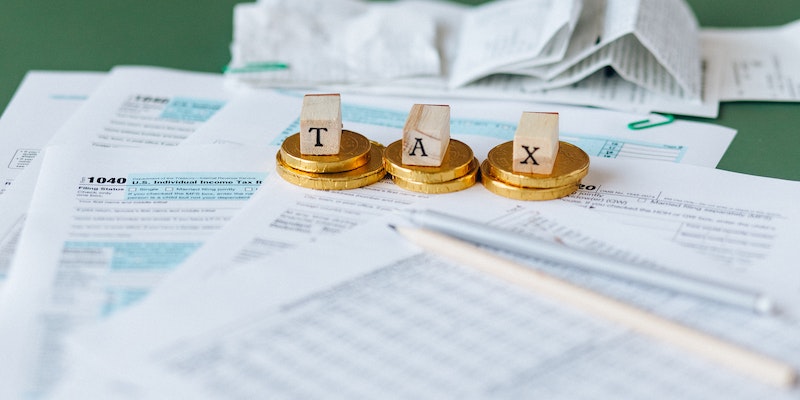Nobody likes paying taxes, but they are a crucial part of funding essential government services. However, some people may find themselves unable to pay their taxes on time.
When this happens, the Internal Revenue Service (IRS) has a system in place to collect unpaid taxes. In this article, we'll take a closer look at how the IRS collection methods work and how the IRS goes about collecting unpaid taxes from individuals and businesses who owe them money.
Notices and Communication
The IRS starts the process of collecting unpaid taxes by communicating with you. They'll send you notices that explain how much you owe in taxes, including any additional fees like penalties and interest. These notices will also have a due date for payment. It's really important to pay close attention to these notices and act quickly.
Payment Arrangements
When facing the challenge of paying off a substantial tax debt, the IRS offers a practical solution known as payment arrangements. This option allows you to divide your tax liability into smaller, more manageable installments that can be paid over an extended period. To initiate this arrangement, you can either apply online or contact the IRS directly.
However, it's essential to be aware that there might be associated fees for setting up the payment plan, and interest will continue to accrue on the unpaid balance during the repayment period. Payment arrangements offer individuals a structured path to fulfilling their tax obligations without experiencing excessive financial strain.
Offer in Compromise
In situations where you find yourself in a challenging financial predicament, unable to realistically meet your entire IRS tax debt, you may explore an "offer in compromise" (OIC). Think of it as a negotiated settlement that allows you to pay a reduced sum compared to your total tax liability. However, it's not a straightforward process; the IRS won't readily accept your request.
You must demonstrate to them that paying the full amount would either inflict substantial financial hardship or is simply unattainable. An offer in compromise is a potential lifeline for individuals facing overwhelming tax debts, offering a path to resolve their tax obligations realistically.

Wage Garnishment
If you don't respond to the IRS's notices and don't work out a plan to pay your taxes, they can take more serious steps to collect the money you owe. One of these steps is wage garnishment.
This basically means that the IRS can tell your employer to take a portion of your salary to cover your tax debt. Wage garnishment can really affect your finances because it means you'll have less money in your paycheck. So, it's important to address your tax debt and not ignore it.
Bank Levy
A bank levy is a powerful tool in the IRS's arsenal for collecting unpaid taxes. This action entails the IRS seizing funds directly from your bank accounts to satisfy your outstanding tax debt. However, it's important to note that the IRS doesn't resort to a bank levy without prior warning. Before taking such action, they typically send you a final notice, essentially giving you one last opportunity to settle your debt or establish a payment arrangement.
Therefore, it is crucial to treat these notices with the utmost seriousness and urgency, addressing your tax debt promptly to prevent the IRS from taking more aggressive measures such as a bank levy, which could significantly impact your financial stability.
Tax Liens
A tax lien is a significant legal action taken by the IRS, creating a formal claim against your assets, potentially including your home or vehicles. The purpose is to secure their payment when you decide to sell or refinance these assets. Beyond the financial implications, having a tax lien can adversely affect your credit score, making it more challenging to access loans or credit in the future.
Therefore, it's strongly advisable to proactively address your tax debt and work towards avoiding such situations whenever possible. Managing your tax obligations promptly can help safeguard your financial standing and creditworthiness.
Seizure of Assets
When it comes to unpaid taxes, if all else fails, the IRS may take the extreme step of seizing your assets. This means they could take away valuable things like your home or vehicles to cover your tax debt.
However, the IRS typically considers this a last resort, only resorting to asset seizure when all other attempts to collect the unpaid debt have been unsuccessful. It's crucial to address your tax debt before it reaches this stage to avoid such serious consequences.

Conclusion
Paying your taxes on time is a civic duty we all share. However, if you can't pay your unpaid taxes when they're due, it's important to know how the IRS handles unpaid taxes and the potential consequences if you don't address the issue.
The best course of action is to communicate with the IRS using appropriate IRS collection methods. You can explore options like payment arrangements or offers in Compromise if needed. If you're unsure about what to do, seeking professional help is a good idea. Remember, the IRS's main aim is to collect the taxes owed, and they're usually open to working with taxpayers to find a reasonable solution.
So, if you're dealing with tax debt, don't wait. Take action today to address the situation and avoid further complications.




